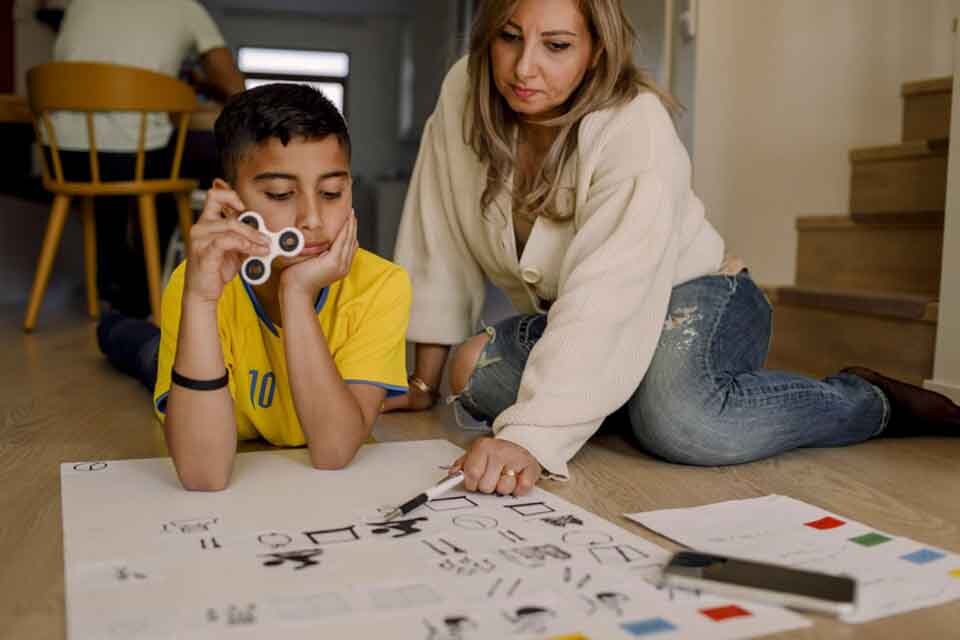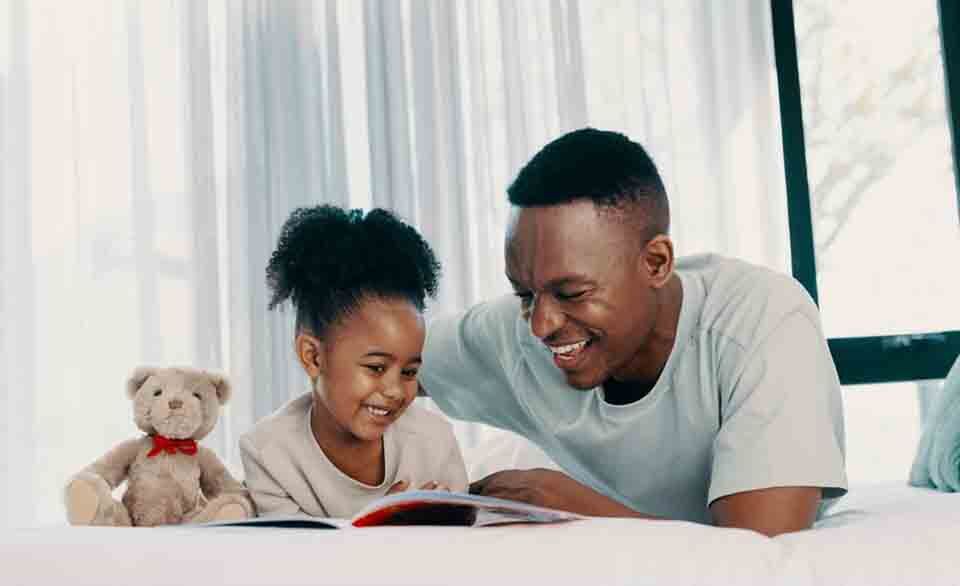Attention Deficit Hyperactivity Disorder is one of those conditions you hear about repeatedly when it comes to explaining the actions of someone who is having a bit of difficulty managing themselves. I’ll give you a rundown on what the general guidelines and suggestions are, as well as just what ADHD is in full definition so that you can know how to parent a child with ADHD and give them the support that they, like all children, truly deserve.
It’s become so prevalent that more people know it by its acronym, ADHD, than by its full name, and most can place the definition in the words: difficulty paying attention.
While this definition is correct (oversimplified, but correct), you’ll probably not be surprised to hear that it’s a bit more complicated than that, especially if you or someone you know has ADHD or a child with ADHD.
Lingering on that last part, if you have a child with ADHD, you know that you can’t teach them in the same way you would teach other children. People with ADHD are put into a class that we call “neuro-divergent”, which includes people with Autism Spectrum Disorder, Dyslexia, and Bipolar Disorder. It shouldn’t be a surprise to say that you shouldn’t approach raising children with these disorders in the same way you would raise a neurologically typical child.
So if this is the case, then what are the steps one should take when parenting a child with ADHD? Well, it’s a mix of some basic guidelines, as well as a parent’s knowledge of their own child. No two children are the same, after all, and some exhibit more symptoms than others. It’s up to you to recognize what your child is or isn’t comfortable with and go based on that, but you should never force your child to act a certain way if it’s clearly causing them frustration or misery.
What You Should Know about ADHD as a Parent
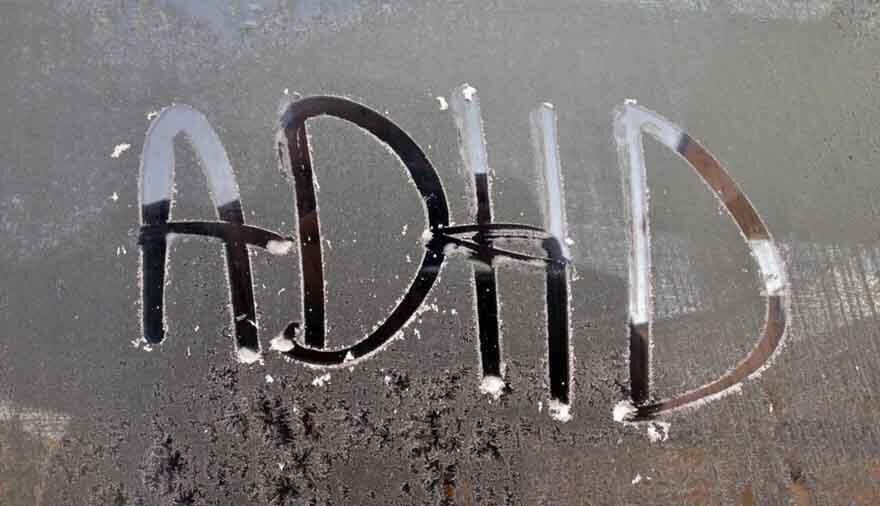
Attention Deficit Hyperactivity Disorder is a neurodevelopmental disorder that is characterized by difficulties with behavior and concentration. People with ADHD are often easily distracted, restless, and impulsive. Many of these people tend to do things such as starting projects and never finishing them, or they can’t sit still during a show or movie, and oftentimes you can find them having to rewind a movie or reread a paragraph multiple times because they zoned out involuntarily.
ADHD is different from other neurodevelopmental disorders due to it not being considered a learning disability, nor is it a mental health condition. Due to this, ADHD isn’t taken very seriously by some. They have trouble understanding why an adult, or even a child, can’t sit still and pay attention. Someone exhibiting symptoms of ADHD is often misconstrued as rude, childish, or just badly-behaved. This is far from the truth.
The symptoms exhibited by someone with ADHD are wide-ranging within children; no two people will share the exact same experiences, and some may have it a bit more intense than others. However, these are the typical symptoms you can expect from a child with ADHD:
- Easily distracted
- Difficulty concentrating, often having to read/hear/see something multiple times to register it
- Restlessness; always fidgeting
- Difficulty starting or finishing things; activities and projects are often left abandoned
- Difficulty sleeping
- Impulsivity in both actions and words; saying/doing things without thinking them out beforehand
- Easily frustrated
- Disorganization
- Difficulty keeping track of time
- Has a hard time dealing with emotions
- Maintaining relationships is difficult
Some may see these and think that these are just the normal traits that children exhibit on their own. That case is both a “yes” and a “no”. There comes a point where it goes beyond just normal childhood behavior, and it will only stick around as they grow older.
So now that we have a general idea of what ADHD is, what can you and how to parent a child with ADHD to the best of your ability?
Here are some guidelines and suggestions that are important for any parent to know when caring for a child with this disorder.
Understand That ADHD Won’t Go Away
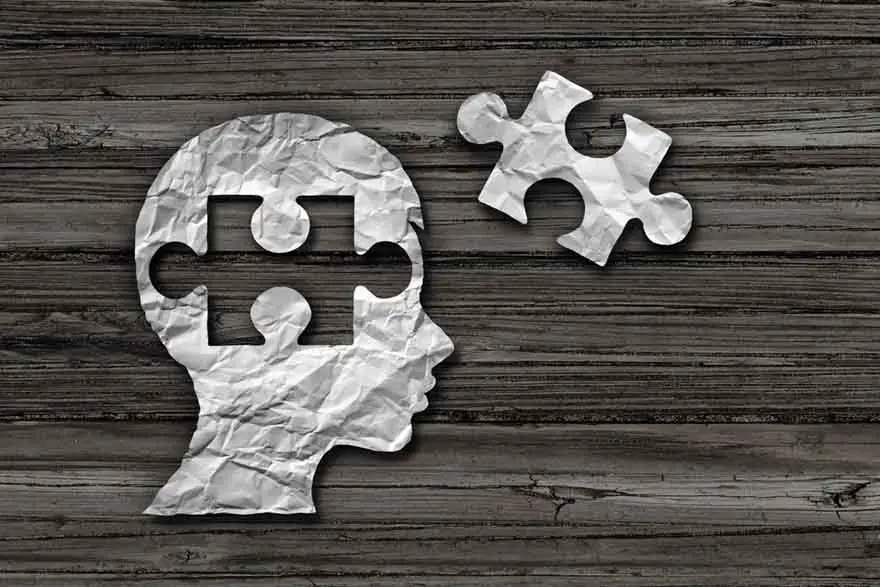
Unfortunately, there is this prevailing belief when it comes to parenting a child with ADHD that if you just apply enough discipline, you can “correct” the behavior of the child with a neurodevelopmental condition like ADHD or Autism. It’s also not something that is restricted to childhood, either. Yes, adults who have ADHD have learned to manage their symptoms after some time, but that doesn’t mean they don’t struggle with the same issues. In fact, some studies have shown that those passing into their later years will have even worse symptoms than before. Disperse the myth that people with ADHD are just lazy and that kids with ADHD will “grow out of it”.
Now, this doesn’t mean you should just give up and just stick with regular parenting. You and your child need to be able to work through these early stages in their life, and by taking into account their needs and what methods of parenting work best for them, you can help your child to have a smooth transition into becoming a teenager or an adult.
Use Simple, Step By Step Instructions
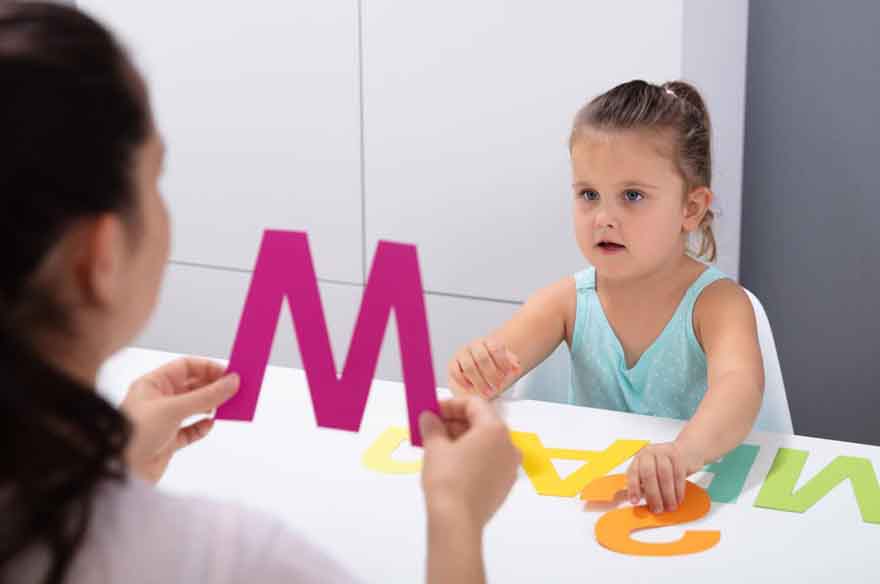
As we’ve covered already, Parenting children with ADHD can be tricky because they can have a seriously hard time with focus, and because of that, even just following instructions can be difficult. I always tell parents to never give their child more than two directions at once, because they will undoubtedly forget something. Their mind will wander somewhere in between, and eventually, something might just get messed up, or an important step will be missed. Many chalk this up to the child just being forgetful, which is technically true, but isn’t the whole of it.
So, instead of giving multiple instructions at once, make sure you go step by step, and if they do forget, don’t punish them for it. A soft reprimand is all that’s needed, but you should remember to always keep it simple until they’re older and can handle some more complex instructions. Here is a guide on how to discipline a child with ADHD.
Routines Are Key For Children WIth ADHD
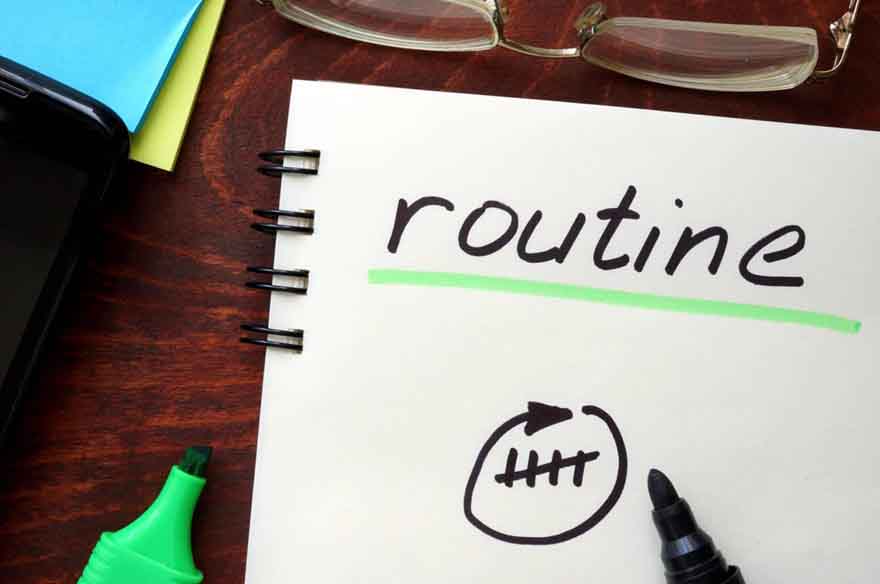
Ever heard of autopilot? Well, that’s what we’re relying on when it comes to building up healthy routines with children. Things should be organized for certain times and on certain days. For example, have a set time for cleaning up, brushing their teeth, doing chores, studying etc.
When routines like these are repeated so often enough, they become nearly impossible to forget. It provides structure, predictability, and more importantly, after doing it so many times in routine. If you were to not give this sort of structure (for example, just telling your child to brush their teeth whenever at night), they’re bound to forget.
The only problem you may have is actually having your child be aware of the time. Children with ADHD can have difficulties with being aware of how much time passes in general, so some soft reminders are going to be a staple in the household.
Setting Boundaries For Your Child
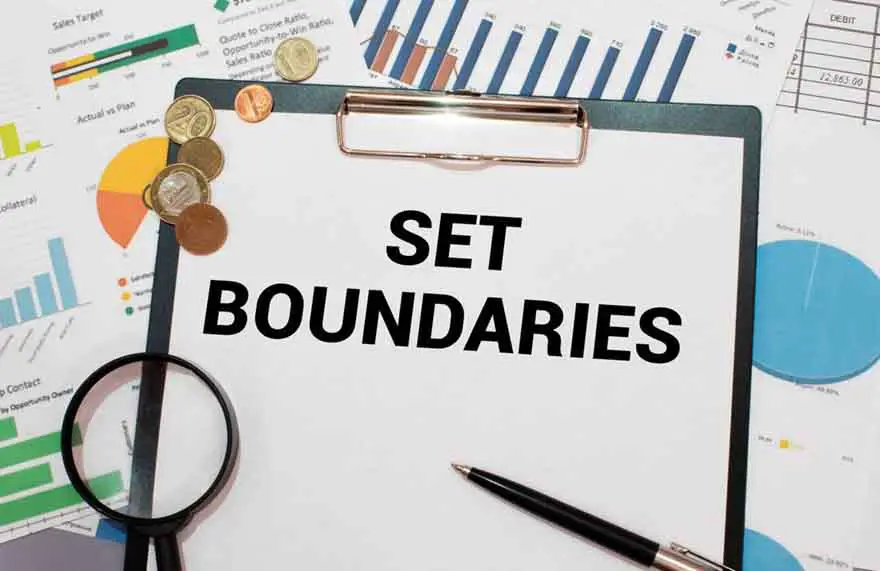
There are certain things that your child just can’t help. Sometimes they drift off while you’re speaking to them, and other times they interrupt in their excitement. All of these require some patience and soft reprimands, but you also have to know to set boundaries.
If your child acts out, you might have that initial urge to just blame it on the ADHD, but that can be dangerous. Not everything can be passed off as just your child being distracted or restless; if this happens, your child could deliberately misbehave and simply blame it on the ADHD.
Setting boundaries is part recognizing what is and isn’t normal, and part common sense.
If your child stays up past their bedtime to watch TV, you might have trouble figuring out if it’s really intentional or not. That’s where you need to figure out what is and isn’t normal, and you need to let your child know that it isn’t okay and that it won’t be tolerated. If it really is an accident, you two can find a solution, such as using a phone alarm as a reminder to go to bed.
Now, if your child is punching other children at school, that’s where you need to use common sense. Not only is that not normal, but it’s also unacceptable (as you already know).
In both cases, you need to learn to set boundaries. As a parent of a child with ADHD, you need to be understanding, but also firm when it comes to discipline, as with all children.
Manage Any Triggers

Triggers refer to things that can set off a certain reaction within a person. For example, seeing your significant other’s smile will instantly make you happy, or seeing a picture of someone you’ve lost will make you sad. It tends to get more complex with some, such as a recently sober person craving a drink at the sight of alcohol, or your mouth watering at the smell of food.
This is the same for children with ADHD. Certain triggers can cause them to become distracted or forgetful. For example: if you leave their favorite toy nearby while they’re trying to do homework, they’re going to get distracted. It’s simple, but that in itself is a trigger. Another example is the TV. If you leave the TV on while your child is eating their food, they might be too distracted to focus on eating.
So, in essence, it’s important to figure out what will cause your child to drift off. While you shouldn’t eliminate these entirely, you should still keep them away from your child while they’re focusing on other things.
Give Praise

Everyone loves to be praised, and while you may not get as much as an adult, it’s especially important for a child. This is also true when it comes to parenting children with ADHD, who very much need that sort of support in their lives.
When you give a child praise for something they’ve done, not only does it make them happy, but it also teaches them one thing: what they did was good, and doing good things gets them praise.
I’m sure you can see where I’m going with this. Praising a child with ADHD for remembering to brush their teeth or focusing on a project for school will motivate them to continue on that track. Think of it as incentivizing them, in a way.
Don’t praise them for every little thing, of course. That will desensitize them to it. Instead, as they grow older, you should limit the praise to more complex and harder tasks, such as studying for a quiz or remembering to mow the lawn.
It doesn’t have to be high praise every single time. Even just a “hey buddy, thanks for doing that” or a “I’m proud of you” is enough to bring a smile to a child’s face. When they’re really young, though, there’s no harm in really hamming up the praise just to see them smile.
Therapy for Children With ADHD
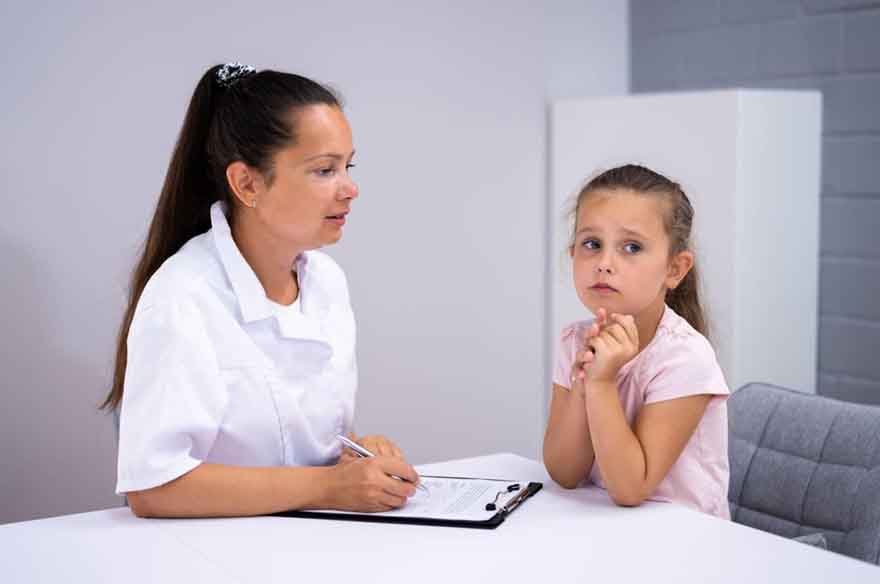
Sometimes, you just need to learn from someone who has dealt with ADHD many times before. There’s no shame in it, of course; there are people who have studied endlessly to be able to help parents and children in situations like these.
The kind of therapy I’m talking about is called Cognitive Behavioral Therapy, or CBT. Therapies such as this can help young children with ADHD understand themselves and find strategies to help them cope with their own symptoms. If you find yourself at a loss and not sure where to even begin with helping your child, speak to a child therapist specializing in CBT. They can not only help your child with understanding their own symptoms, but they can also help you with understanding your own child. You can learn tips and exercises from them to help you with parenting your child.
This isn’t a permanent thing, of course. When you feel like your child has learned plenty and that you are ready to take the reins for yourself, you can stop therapy and help your child grow up with the tools you’ve learned.
How to Parent a Child With ADHD – Using Medication
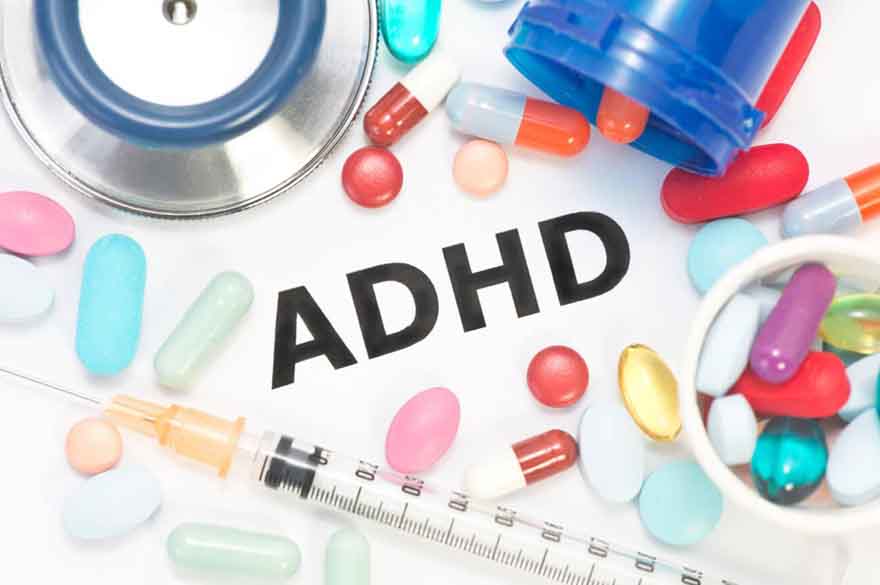
Medicating your children is certainly a tricky subject. I’m putting this one last because it’s certainly the most controversial, but I still believe it’s an option for older children. When your child is diagnosed with ADHD, your first instinct shouldn’t be to get them medicated, especially if they’re very young in age. At times, it can hurt more than it can help when it comes to someone whose brain is still rapidly developing. This is why young kids don’t take ADHD medicine; it’s some strong stuff, and studying without medication is certainly recommended,
My suggestion is to follow the guidelines I’ve given and to try to raise your child the best you can while keeping their disorder in mind. Always go into this with the intention of caring for the root of the issue before you try anything involving medicine.
Of course, when your child grows older and their brain is more developed, you can consider ADHD medication as something they can take to relieve their symptoms and make life easier for them. This is something you need to work with specialists and your child about. Get a professional opinion, and then get a second one. Make sure your child is comfortable with the idea of being medicated, and work closely with their doctor to make sure things are going smoothly.
Medication for a disorder such as ADHD is not a bad thing, but it also shouldn’t be the first thing you think of when the diagnosis comes along. Just make sure you are fully informed and are always monitoring your child’s progress when they’re on medication. Take before and after notes, and if your child isn’t handling it well, you need to work with them and their doctor to make sure everything is well.


